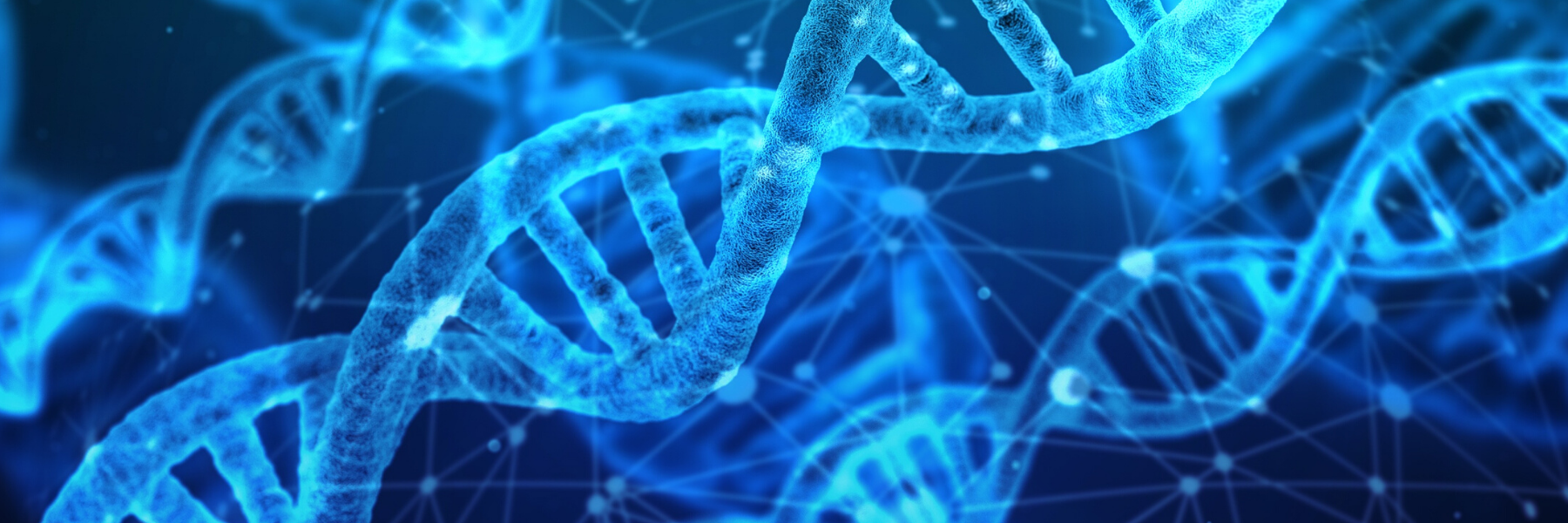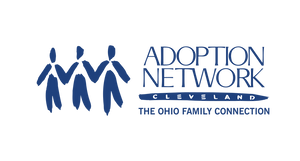
The use of DNA to find an individual’s birth family has had a drastic impact on our Search Assistance program at Adoption Network Cleveland, and in searches for birth relatives worldwide.
In the past few years, we have seen many unknown parentage searches find a resolution — solving for unknown parentage for adoptees in Ohio and in states with closed records, such as New York, Florida, Michigan and more. We have assisted a donor-conceived individual to find the donor and he was then able to obtain important medical history information. We have helped find answers for those discovering they have surprising and unexpected DNA results who might have misattributed parentage.
There have been discoveries of full and half-siblings, including my own discovery of a previously unknown paternal half-brother, who did Ancestry DNA to learn about his ethnicity.
We have the opportunity to learn about our genetic heritage in ways never before possible. Although everyone has a right to know their genetic heritage, no one has a right to a relationship — all parties involved must be a part of that decision.
Before you decide to send your DNA for analysis, there are some important considerations:
Know the risks and consequences, as well as your protections. Read the terms of each company. Be an educated consumer.
Know where you stand on the “privacy spectrum”. This is a personal question and there are no right or wrong answers.
Consider why you are testing. Are you looking for birth family or DNA relatives? Do you want medical information from the test? Each company has its own strengths and weaknesses and can provide different reports and information based on your DNA.
DNA kits can make fantastic gifts, but because the above considerations are very personal decisions that may have a huge impact on someone’s life, please discuss these issues with the recipient before purchasing a DNA kit as a gift for a loved one or friend.
If you are looking for DNA relative matches to solve for unknown parentage, then autosomal DNA analysis is recommended, such as Ancestry DNA. The latest numbers that we have on database size from Ancestry DNA at this point are the Ancestry Corporate page which announced in 2021 that they have exceeded 20 million kits in their database. (1) The sheer size of this database, along with powerful tools, such as shared matches and family trees, make this the most popular site for those trying to identify DNA relative matches. Ancestry DNA uses a saliva test that provides an ethnicity breakdown and an opt in to view DNA relative matches. Once you have your Ancestry DNA results, you can upload your raw data to other sites. Currently, My Heritage, FTDNA, and Gedmatch allow uploads and relative match viewing at no cost.
The next largest autosomal DNA database is 23 and Me, which reports that their database size (as of Spring 2020) is over 12 million.[2] 23andMe uses a saliva test and neither 23 and me nor Ancestry allow uploads of raw data. You will need to order and test at 23andMe separately if you choose to do so. You can also choose to purchase optional genetic risk health reports.
If you are able to purchase both Ancestry DNA and 23 and me, that is preferable. If you want to start with just one test, we recommend Ancestry DNA.
If you are a male searching for answers involving your paternal line, autosomal DNA combined with Y-DNA can be a very powerful combination, but a Y-DNA is often possible to find results using only autosomal tests. FTDNA offers Y-DNA STR testing and you can start at Y-37 and then choose to open up to Y-67 or Y-111 at a later date. Due to the large sizes of autosomal databases, it is often not necessary to do a Y-DNA test to complete a search. We would recommend starting with the testing plan described above for autosomal DNA testing before enhancing a search with Y-DNA testing.
The ethnicity estimates provided are broadly reliable and may have slight variations by company. Much more can be found about how each individual company uses reference populations to determine these ethnicity estimates, and the field is constantly being refined. As a result, some people unfamiliar with this technology may question the accuracy of the whole science. However, DNA relative matches are based on extremely reliable science. Your DNA relative matches are based on the amount of DNA shared and the size of those shared segments.
In the vast majority of cases, DNA testing alone will not yield an exact match to a birthparent. It will also be necessary to gather all information that you can from other sources, such as non-identifying information from the agency that handled the adoption, to help guide your search. Often, it is a small detail that can help give your research a direction. Genetic genealogy is used to determine possible connections with your DNA relative matches and further testing of targeted individuals may be required to prove a working theory.
When your results come in, the relationship estimates provided by each company are only estimates. You will need to learn more about centimorgans of DNA and the relationship possibilities based on the amount of cMs shared. For example, on Ancestry, my paternal half-brother appeared listed as Close Family and my paternal half aunt was listed under the category of first cousin. Although many find it tempting, it is extremely important to hold back and not reach out to matches immediately with your whole story. Do your research first and use discretion. We advocate a thoughtful and considerate approach. Adoption does not generally happen unless there are some hard circumstances involved and most extended relatives (and many close relatives) may not be aware of the private decisions made by others. Using discretion can go a long way.
It can be extremely helpful to work with someone who has experience and can provide guidance and support in your search. Adoption Network’s Search Assistance Program provides guidance in all aspects of search and can help you determine a testing plan if DNA is the right tool for your search. We assist in understanding results, as well as guidance on next steps and reaching out to relatives. We have assisted in countless searches and can help you determine if DNA is an appropriate tool for your search and maximize the effectiveness if it is.
DNA analysis has been a game-changer for those searching for relatives, and I hope this brief introduction is helpful. Advances in technology have led to affordable testing, and extremely effective marketing campaigns have increased DNA result database size to a remarkable level thus leading to new discoveries daily.
Learn more about our Search & DNA Assistance Program.
This article was originally posted on 8/20/2018 and is being reposted with updates.
[1] https://www.ancestry.com/corporate/about-ancestry/our-story

